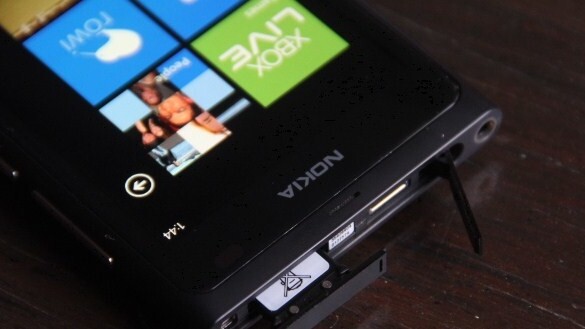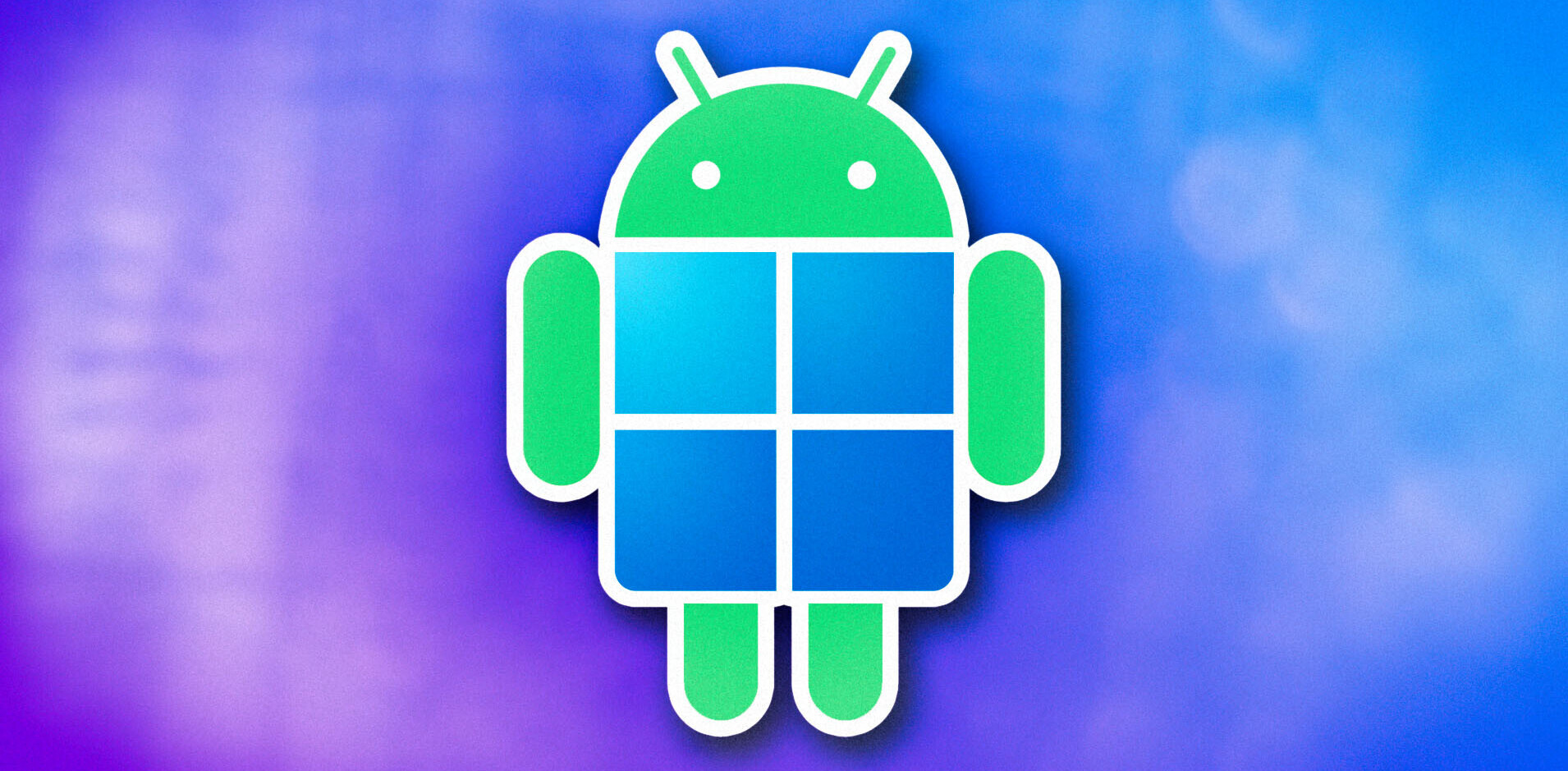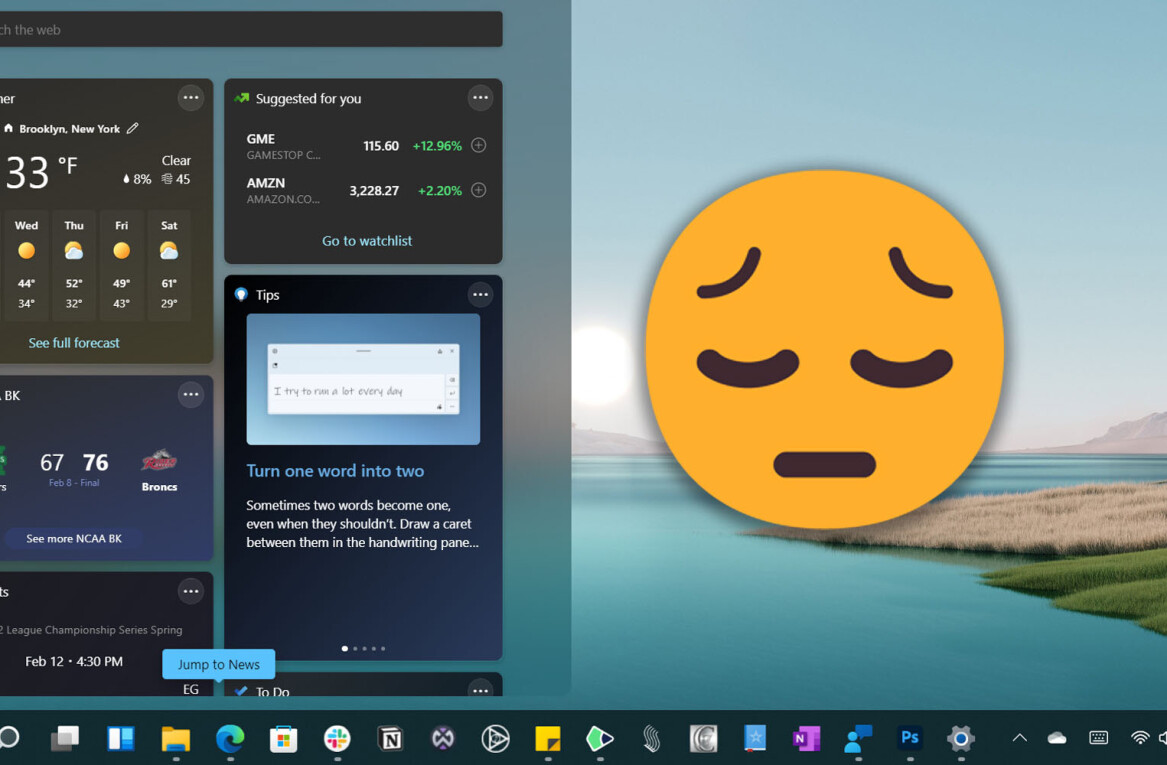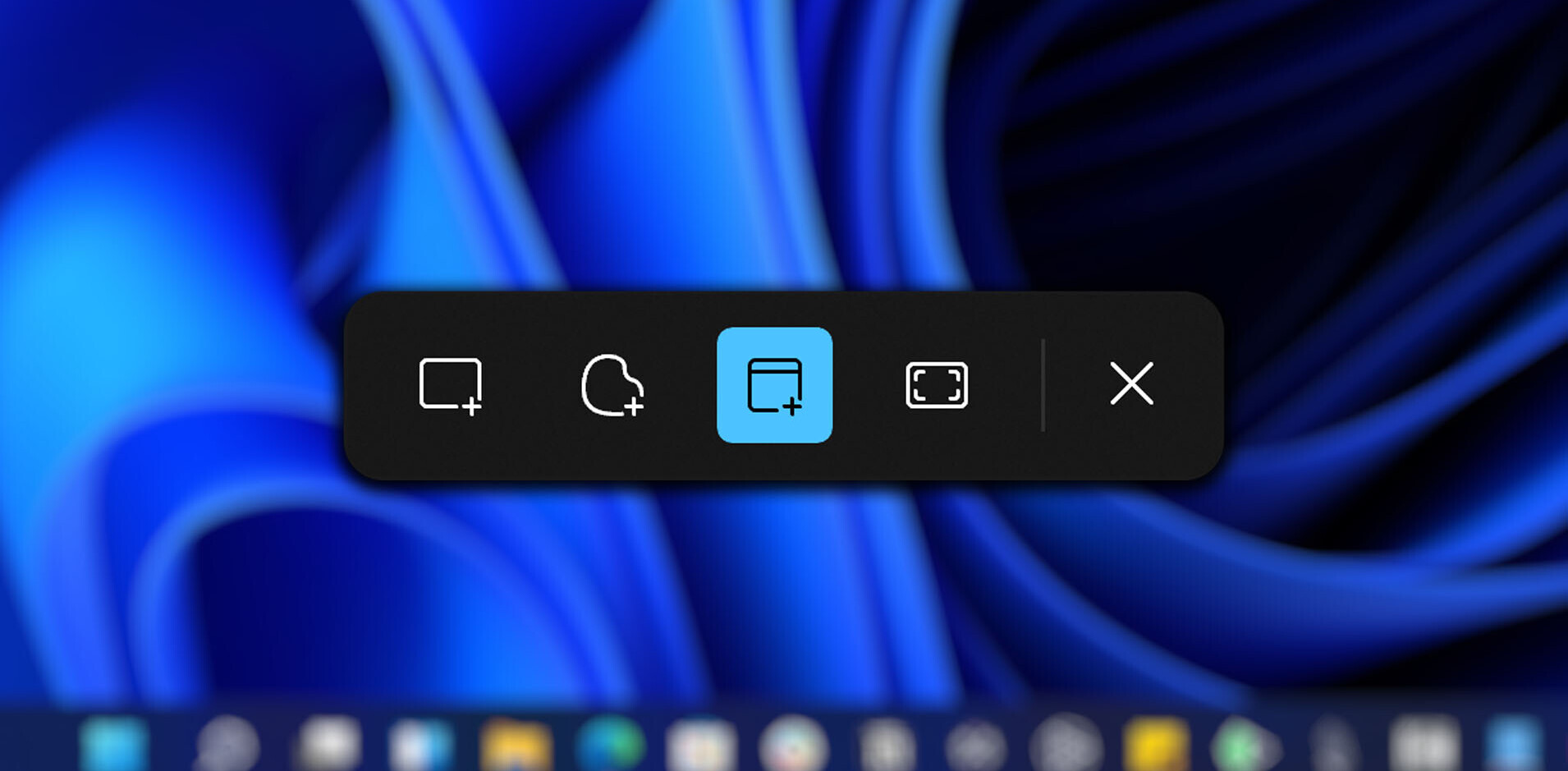
A trove of details about Microsoft’s next version of Windows Phone, code-named Apollo, have been revealed thanks to an internal video for partners uncovered by Pocketnow. The specifics of what is now called Windows Phone 8 are extensive and include deep integration with Skype and Windows 8.
The video extensively covers the new features that users and developers can expect to enjoy, including access to four screen resolutions and multi-core processors. This will greatly add to hardware diversity, once the next round of Windows Phone handsets are released.
There was also mention of Near Field Communication support for mobile payments and removable microSD storage. There will also be much more aggressive steps taken to mitigate data consumption issues for heavy users, with the OS actively attempting to give Wi-Fi connections precedence and Bing maps listing hotspot locations directly. This feature will be called ‘DataSmart.’ There will also be a better breakdown and tracking of data usage right on the device, via a Live Tile.
One detail that excites us quite a bit is that Microsoft will be taking application interoperability much more seriously, allowing data and features to be shared between applications. Attention is also being given to making it easy to port code from other platforms like iOS and Android. Support for native code will make that possible.
The Skype integration is said to be done at a very low-level, with VOIP calls being made just like a regular phone call and applications being given access to the API. This could give Windows Phone a leg up among the tens of millions of Skype users around the world. Also, this is likely why Microsoft is working to mitigate data usage, as Skype hardly sips.
Windows 8 integration is obviously also a huge priority for Microsoft with the new OS, and it will focus on allowing developers to re-use code from Windows 8 applications when porting them to the mobile OS. There will also be a new syncing client based on ActiveSync, rather than using the Zune software to do so. Zune, it seems, will eventually die after all. TNW mourns the end of the Zune desktop client that now seems inevitable.
Pocket Now has a more extensive report on the new features revealed by the video, including encryption support and more. Windows Phone 8 sounds like it’s shaping up pretty well so far, we’re excited to get our hands on it installed on some higher-res hardware. We’re already imagining it running on the already great Windows Phone 8.
Get the TNW newsletter
Get the most important tech news in your inbox each week.




